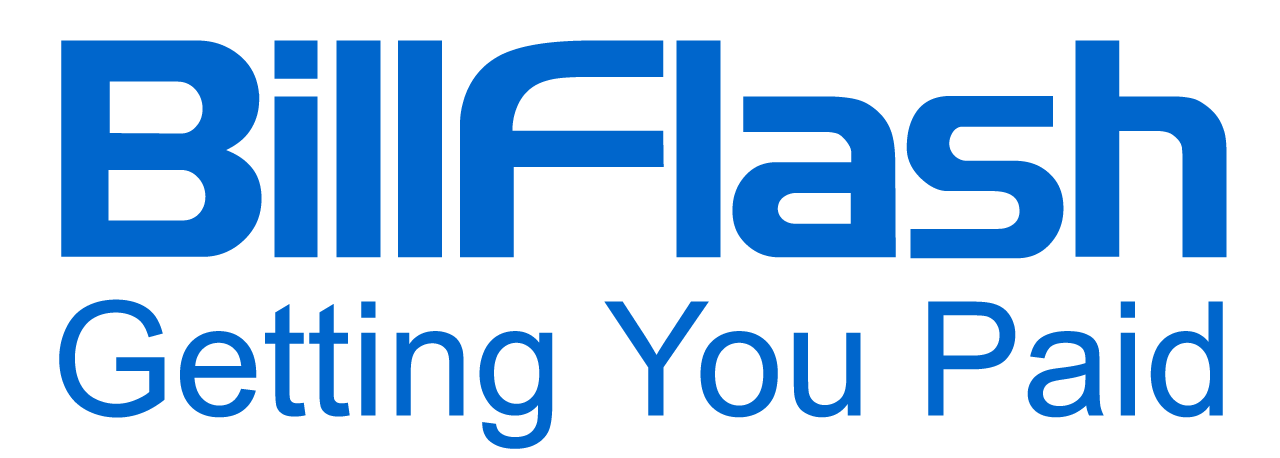Discover how infusion centers can overcome payment barriers with solutions that strengthen revenue while supporting patient needs.
Healthcare costs have reached a tipping point, where insured patients are forced to make impossible choices about their medical care. This is notably true in infusion therapy. While infusion centers are on the front lines of delivering life-changing specialty therapies, these treatments often carry sticker shock. A recent industry report noted that the average cost for a single infusion can range from $5,500 to $11,500 when administered in a hospital setting. These high costs mean patients often face high deductibles, coinsurance, and copays—and even insured patients are struggling.
With minimum deductible requirements of $1,650 for individuals and $3,300 for families, patients face significant upfront costs before insurance starts covering treatments. Out-of-pocket costs cause numerous patients to delay or abandon treatment. This puts their health outcomes at risk and creates revenue challenges for infusion centers. When patients can't afford their infusion therapy, everyone loses. Infusion centers may not control drug prices, but they can help smooth the payment journey. Through smart billing technology, transparent pricing, and flexible financing, these centers can help patients continue treatment and safeguard their own revenue.
The Affordability Gap in Infusion Therapy
The financial burden of infusion therapy is often greater than what many patients anticipate when starting treatment. The rise of high-deductible health plans has shifted a larger share of the cost burden onto patients. In 2023, over 40% of privately insured Americans under the age of 65 were enrolled in high-deductible plans. Those plans may cover monthly premiums but require patients to pay thousands out-of-pocket before insurance kicks in.
For patients requiring specialty infusions, meeting these deductibles often happens within the first few treatments, creating immediate financial stress. It is not a surprise that many families have a significant amount of medical debt. Twelve percent of U.S. adults (approximately 31 million Americans) reported borrowing an estimated total of $74 billion in the past 12 months to cover healthcare costs.
Cost pressures have real clinical consequences. Within the past 12 months, roughly one-third of adults skipped or delayed needed care due to cost. A Gallup survey estimated that 72.2 million Americans did not seek necessary treatment for over three months due to financial concerns. This means there were likely many infusion patients who had to delay starting therapy or even stopped midway when they couldn't afford each visit.
These types of unfortunate situations cause infusion centers to suffer, with unpaid patient balances leading to extended accounts receivable periods and additional write-offs. Healthcare organizations are only collecting less than half of what patients owe each year, because high deductibles make many bills nearly uncollectable. So, the affordability gap in infusion care hurts everyone involved.

Why Transparency Is Critical for Infusion Centers
Today's patients behave like consumers, meaning they expect to know the price before they ‘buy'. This means clear cost estimates are no longer something that is just ‘nice-to-have'. Over 90% of Americans say they want to know their healthcare costs upfront, with many patients willing to cancel or delay care if they don't receive a clear cost estimate ahead of time. Infusion centers that provide clear pricing earn trust and commitment because clear cost estimates allow patients to budget, ask questions, and move forward without fear of surprise bills.
Regulations are reinforcing this shift. The No Surprises Act and related CMS rules require providers to offer Good Faith Estimates of costs to patients. Healthcare organizations must also post charge data publicly under price-transparency rules. So, price clarity is increasingly mandated. This is critical because more patients now compare providers based on affordability. Over half of patients even say they would switch providers for better billing experiences, which includes upfront cost information.
With the right strategy and solutions, upfront estimates can turn into counseling points. Once patients see their expected cost, staff can discuss insurance coverage or patient financing options. If transparency can foster trust, trust in your infusion center will mean patients will be more likely to start and stay on therapy.
Payment Flexibility as a Clinical Enabler
Flexible payment options directly support clinical goals by removing financial barriers to starting treatment on schedule. When patients can spread costs over manageable monthly payments instead of facing large upfront expenses, they're more likely to begin therapy without harmful delays. This is especially important for infusion therapies where early intervention often leads to better outcomes.
Conditions like rheumatoid arthritis respond best when treatment begins before substantial joint damage happens. Payment flexibility can be the difference between starting therapy immediately and waiting months while patients try to save for the cost of treatment. Flexible payment plans allow patients to begin infusion therapy without waiting months. Instead of forcing a full lump sum payment, infusion centers that let patients spread out the cost remove a major barrier, giving them the ability to start therapy without hesitation.

This flexibility is equally important for supporting patient adherence and continuity of care. Many therapy plans require multiple infusions over time, and if patients are overwhelmed by the bill they receive after each visit, they may skip or stretch out appointments. Predictable, manageable monthly payments reduce that pressure, significantly improving adherence over the duration of treatment. This consistency leads to better outcomes and lower total costs.
From a system standpoint, consistent care reduces complications and hospitalizations, ultimately lowering total spend by avoiding expensive emergency care. This type of patient-friendly approach sets out to protect revenue. Structured payment plans turn large, potentially unpayable patient balances into manageable streams of revenue.
Infusion centers that adopt patient-friendly payment options, payment plans, and financing often see higher collection rates, fewer write-offs, and more stable cash flow. They also reduce administrative pressure, resulting in fewer collection calls, fewer delinquent accounts, and less time spent trying to collect outstanding balances.
How BillFlash Helps Infusion Centers Bridge the Gap
Infusion centers can embrace modern billing tools to make transparency and financing a reality. For example, BillFlash PreBill lets practices send patients a bill before the infusion. A secure text or email link can direct patients to PayWoot.com, where they can view exactly what they will owe and have the option to pay in advance. This eliminates surprise at check-in and starts the financial transaction with transparency. Upfront payment collection through PreBill reduces outstanding balances, opens the door to patient financing conversations, and ensures your practice gets paid faster.
Another tool that helps infusion centers bridge the gap is BillFlash FlexPay, a patient financing solution created for healthcare. Patients complete a quick online application (it takes less than a minute to apply) with no hard credit check. About 90% of patients get approved, even with credit scores as low as 500. All approved patients have access to a 0% interest option that lets them split their balance across monthly installments. On the other side, the practice receives the full payment immediately with no worries about future collections or bad debt. With FlexPay, you get paid in full right away. This win-win design protects the center from financial risk while allowing patients to make affordable monthly payments. With BillFlash’s seamless integration, offering these flexible payment options is simple—everything flows directly into your existing billing workflow without adding extra steps for your staff.

Integrating Everything Into a Single Platform
BillFlash integrates billing, payment, and collections into one platform. Infusion centers don’t have to worry about using separate systems for statements, online payments, payment reminders, and financing. Instead, staff work from one platform instead of juggling multiple systems. Staff can send a PreBill link via text or email, approve statements, track payments, and even initiate collections when necessary. This approach helps to reduce administrative workload and errors. BillFlash has found that practices and centers using an integrated solution can generate a 60% increase in payments collected within the first 30 days.
The Win-Win Outcome: Better Patient Care, Stronger Practice Finances
When infusion centers bridge affordability obstacles, everyone wins. Patients gain confidence to begin and continue infusion therapy, knowing financing options and clear pricing protect them from unexpected costs. These centers see the difference because more patients are completing their treatment plans without interruption, resulting in better outcomes and fewer emergency episodes. With more reliable revenue, infusion centers can experience shorter accounts receivable periods and fewer write-offs.
Integrated solutions help healthcare practices reinvent themselves. By easing payment burdens, they boost adherence and expand patient volume. In today's healthcare environment, ignoring the affordability gap only delays treatment and payment. By offering price estimates and flexible payment plans, infusion centers can turn a financial barrier into a point of trust. BillFlash's PreBill and FlexPay solutions make this effortless. Patients receive estimates and payment options in advance, while practices are paid faster with less effort. The result is better commitment, fewer missed visits, and healthier cash flow.
Ready to bridge the gap? Schedule a demo with BillFlash today to learn how you can provide patients with the financial flexibility they need while ensuring your infusion center receives payment faster.

